
Scientists and engineers champion building ventilation
A campaign promoting the role of better building ventilation to support health and wellbeing has been launched by a coalition of scientists and engineering bodies.

A campaign promoting the role of better building ventilation to support health and wellbeing has been launched by a coalition of scientists and engineering bodies.
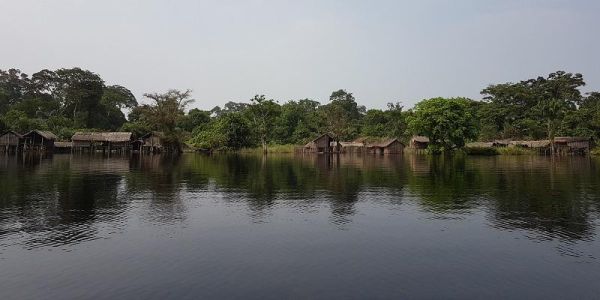
The world’s largest tropical peatland turned from being a major store of carbon to a source of carbon dioxide emissions as a result of climate change thousands of years ago, new research has revealed.
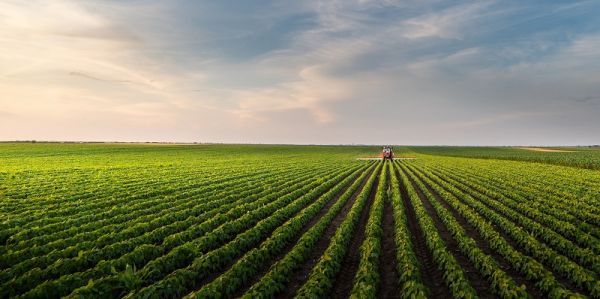
A map showing the environmental pressures from global food production has been developed by researchers, to identify ways of creating more sustainable and just food systems.
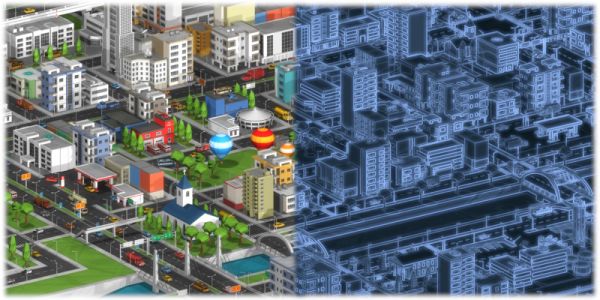
From space exploration to protecting the world’s rainforests, the benefits of creating virtual models of real-life scenarios are limitless.
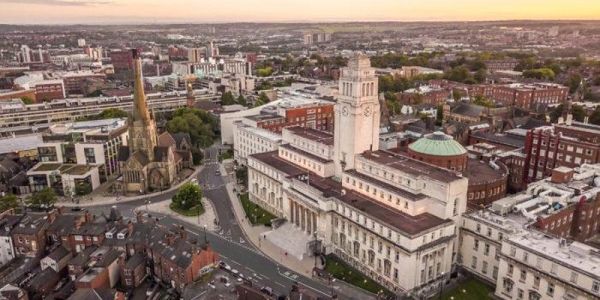
Two new Deans have been appointed to drive forward the University’s global vision.
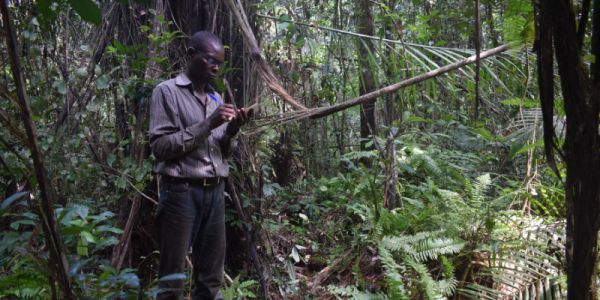
A new study has mapped the full scale of a vast region of peatland in the heart of the Congo Basin, revealing it to be 15% bigger than previously thought.
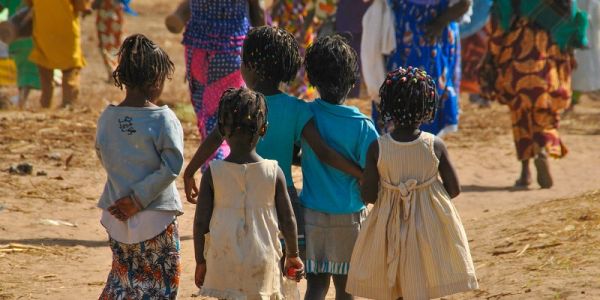
If carbon emissions are limited to slow temperature rise, as many as 6,000 child deaths could be prevented in Africa each year, according to new estimates.
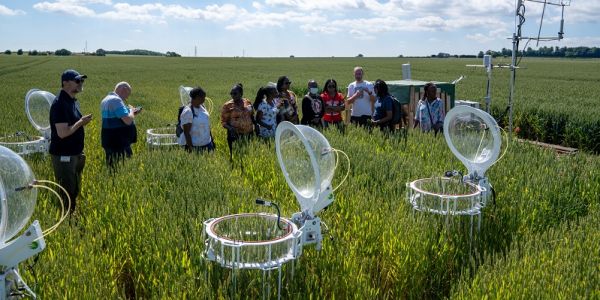
Fellows from six African countries this week joined colleagues at Leeds to strengthen networks and build research and leadership skills, helping to bring sustainable change in African food systems.
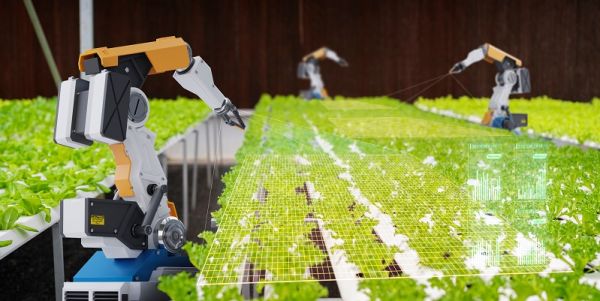
An international team of scientists, led by the University of Leeds, have assessed how robotics and autonomous systems might facilitate or impede the delivery of the UN Sustainable Development Goals.
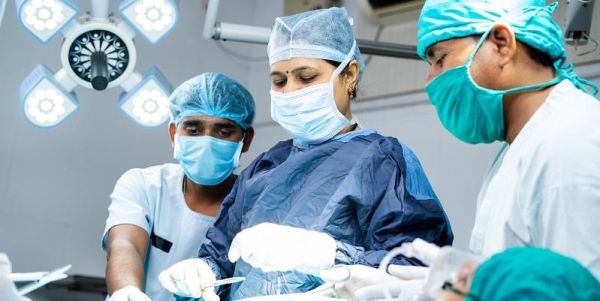
Medical equipment that can be manufactured at low cost and easily maintained will help extend surgery to the five billion people worldwide who currently cannot get access to it, say researchers.